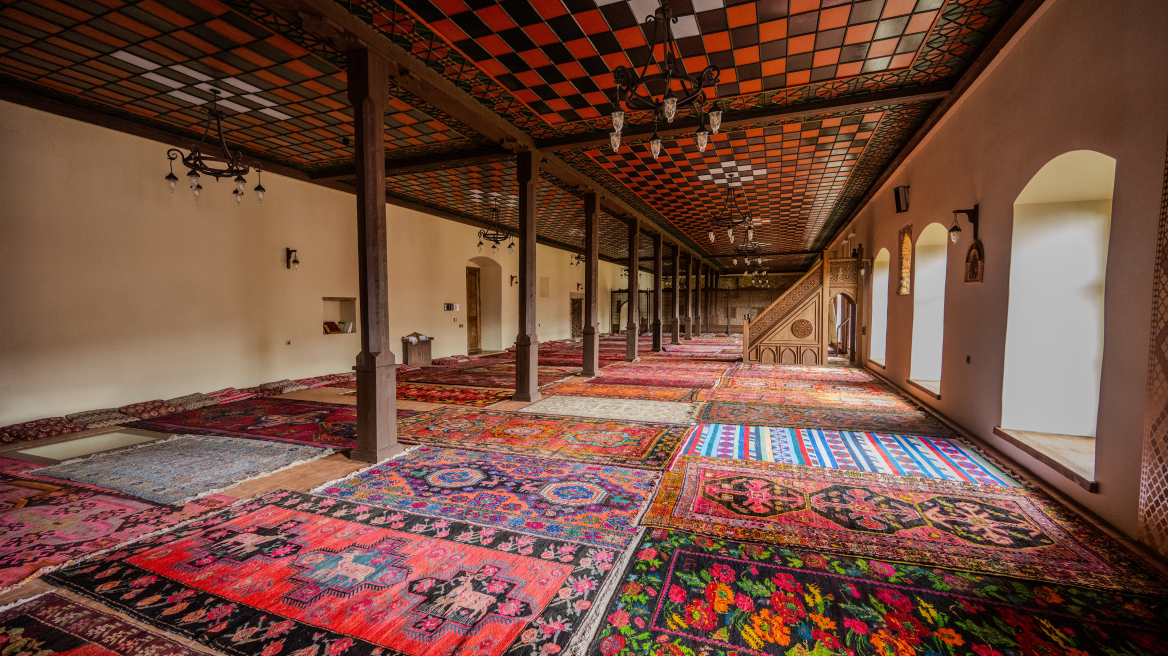The bill presented by the Minister of Social Cohesion and Family, Sofia Zacharaki, at today’s Cabinet meeting introduces a more flexible framework for cooperation between the public and private sectors to make use of underutilized public properties.
The bill aims to increase the stock of affordable housing by enhancing private sector participation, offering incentives, and establishing cooperation mechanisms. The minimum ownership percentage that the Greek state will retain for social housing use is set at 30%.
As part of making the framework more attractive, a tender will soon be announced to select contractors based on strict technical specifications. Initially, 11 public land plots under the jurisdiction of DYPA (Public Employment Service), covering a total of 75 acres, will be utilized. Among the areas set to host the new housing units are Kifisia, Paiania, and Marousi, while additional plots outside urban planning zones, as well as unused, ready-to-use housing units, will also be included.
What is the “Social Exchange” program?
The “Social Exchange” program is expected to significantly enhance housing availability by introducing a new model for utilizing public land and properties. At the same time, it addresses the growing housing needs of young people and couples, offering options for social rental, home purchase, or the innovative “rent to own” model.
This flexible framework will not only cover the construction of buildings but also their maintenance and the long-term sustainability of investments, ensuring a fair distribution of risks and benefits.
The bill promotes structural changes compared to the current legal framework, such as the creation of a central management body for social housing and the selection of beneficiaries, ensuring a more efficient and effective allocation of housing resources.
In the initial phase, the most readily available public properties, excluding those owned by local authorities, will be transferred directly to the Ministry of Social Cohesion for development. In the next phase, government agencies will also have the option to transfer suitable properties to the ministry for housing purposes.
At the same time, a Beneficiaries Registry will be established under OPEKA (Organization for Welfare Benefits and Social Solidarity) to match available social housing units with eligible recipients.
Additionally, specific obligations will be introduced for the management, maintenance, and repair of newly built or renovated public properties to ensure their smooth operation and preserve their upgraded value. In practice, uniform building management standards will be established as an added service and contractual obligation between the private sector and the state.
Breaking it down further
This bill seeks to upgrade these properties into modern, energy-efficient, and functional buildings, creating a stock of social housing to be allocated based on objective social and economic criteria, targeting vulnerable population groups.
What changes are being introduced?
Through the “Social Exchange” mechanism, clear procedures, incentives, and safeguards are provided to develop modern buildings without direct fiscal burden while increasing the stock of affordable housing, especially for young people and vulnerable groups facing rising housing costs. Furthermore, the bill creates a flexible framework for public-private collaboration, including not just construction but also property maintenance.
More specifically, the proposed bill amends Law 5006/2022 and introduces the following changes:
- The definition of “Social Exchange” is expanded to cover not only the construction of new buildings on undeveloped land but also the renovation and repair of existing structures.
- The bill explicitly allows contractors to fully manage social housing properties (leasing, rent collection, maintenance) for a predetermined period.
- A new provision permits the transfer of a co-ownership percentage of the property to the contractor, whereas under the current framework, the contractor was only entitled to use or exploit certain housing units.
- A digital registry will be created within the General Secretariat for Demographic and Housing Policy, providing a detailed record of procedures, tenders, and contracts to ensure transparency and oversight.
- More detailed criteria and procedures will be established for selecting beneficiaries through OPEKA, strengthening the legal framework for the “rent to own” model, which allows tenants to purchase their homes after a set rental period under specific conditions.
- The minimum percentage of social housing units is clarified at 30%, whereas the previous regulation allowed a range of 30% to 60% without specifying additional terms.
- The Ministry of Social Cohesion and Family is designated as the central authority responsible for implementing the government’s housing policy regarding social exchange.
Sofia Zacharaki: “With the ‘rent to own’ model, we are opening a sustainable path to homeownership”
During her presentation at the Cabinet meeting, Sofia Zacharaki emphasized: “The Social Exchange program is being upgraded and strengthened through provisions that enable better utilization of abandoned public properties, improve incentives for private investors, and introduce flexible leasing models, as well as comprehensive property management solutions.”
She continued: “Through the ‘rent to own’ scheme, tenants will have the opportunity to become homeowners after a period of consistent rent payments. This approach allows us, where feasible, to pave a sustainable path to homeownership, particularly for families and young people who, due to financial or other constraints, might struggle to secure a bank loan.”
“But this initiative is just one part of our broader government housing policy. As you already know, we are simultaneously rolling out the ‘My Home II’ program, which also focuses on housing security by offering incentives and subsidies to those seeking to acquire a home, especially younger generations. Similarly, initiatives like ‘Housing and Employment’ or ‘Coverage’ provide more targeted and urgent interventions for citizens facing extreme housing insecurity,” she added.
Ask me anything
Explore related questions





